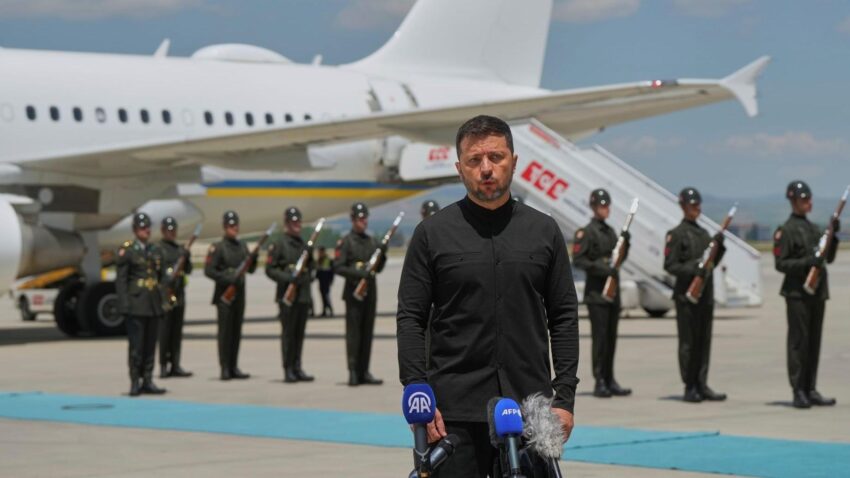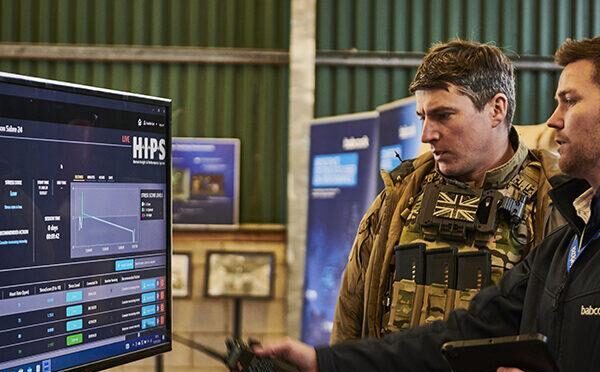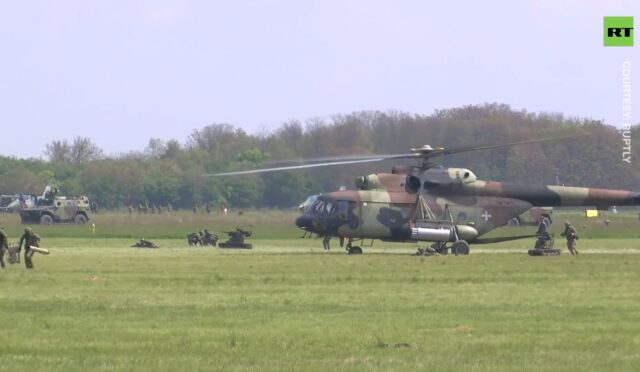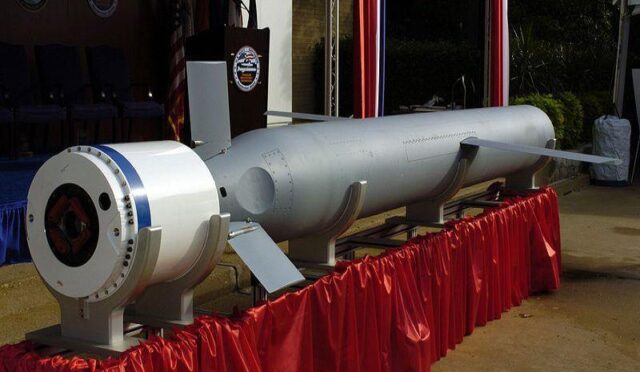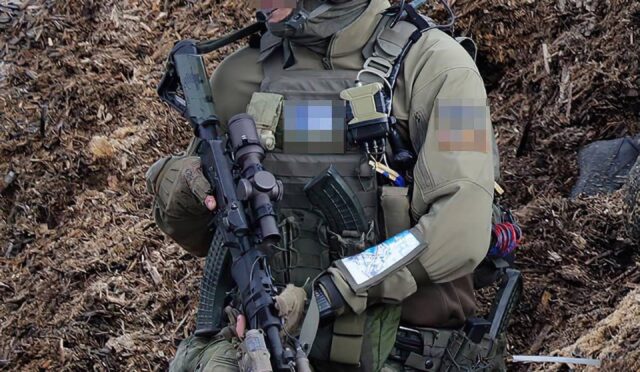Russia-Ukraine Talks: Insights from Istanbul Meeting
In a significant diplomatic move, US Secretary of State Marco Rubio met with senior officials from Turkey and Ukraine in Istanbul on Friday. This meeting comes just ahead of the first direct Russia-Ukraine negotiations in three years, sparking curiosity about the potential outcomes. Despite Rubio’s earlier remarks where he emphasized a cautious approach—saying, “we don’t have high expectations”—he traveled to Turkey to reinforce US support for the discussions.
Arriving in Turkey’s bustling metropolis, Rubio immediately engaged in talks at the historic Dolmabahce Palace. Alongside him were Turkish Foreign Minister Hakan Fidan and Ukrainian envoy Andriy Sybiga. The gathering also included prominent figures such as Tom Barrack, the US envoy to Turkey, and Keith Kellogg, US envoy for Ukraine, as well as Ukraine’s presidential chief of staff Andriy Yermak and Defense Minister Rustem Umerov, according to reports from Turkey’s foreign ministry.
Uncertain Beginnings
Initial sources from Turkey’s foreign ministry indicated that the talks would kick off at 09:30 GMT. However, uncertainty surrounded the exact timing, hinting at the complexity of the diplomatic environment. As the negotiations approached, Michael Anton, who leads policy planning at the State Department, was slated to converse with the Russian delegation at Dolmabahce Palace, according to spokesperson Tammy Bruce.
In a strategic move, Ukrainian President Volodymyr Zelensky dispatched a condensed team to Istanbul, aiming to maintain focus amid contrasting representation from Russia, which sent a lower-level delegation. Notably, neither Sybiga nor Yermak are among the primary negotiators; instead, the talks are set to be led by Defense Minister Rustem Umerov.
Russia’s Representational Strategy
On the Russian side, Vladimir Medinsky, a seasoned and hawkish adviser to President Putin, serves as the chief negotiator. Known for his controversial stance against Ukraine’s sovereignty, Medinsky previously led several unsuccessful negotiations at the start of the conflict, raising concerns about the effectiveness of the current discussions.
The dynamics of these talks are critical, as they could potentially reshape the future of relations between the two nations. The inclusion of military strategists like Umerov, paired with Medinsky’s aggressive negotiation style, indicates a complex interplay of military and diplomatic insights, making the outcome difficult to predict.
